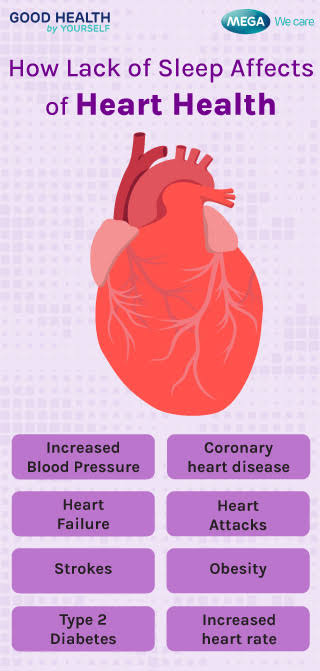
Relatively healthy people who experience sleep disturbances during the night appear to be more likely to have increased risk activity for factors associated with blood clotting, also referred to as thrombosis.
“There is considerable literature suggesting that sleep disturbance is associated with increased exposure to coronary artery disease risk, but the potential mechanism for this link remains unclear,” said study leader Dr. Joel Dimsdale.
“In previous studies we have found that sleep disturbance is associated with pro-thrombotic activity in patients with sleep apnea, as well as patients with significant life stressors.”
Dimsdale and his team investigated whether sleep disturbances, verified by a sleep apnea test, are associated with increased levels of clotting factors that predicts coronary artery disease risk.
The sleep apnea test, conducted in a sleep lab, involved measuring brain waves and recording sleep cycles and stages, as well as observing muscle activity, eye movements, respiratory rate, blood pressure, blood oxygen levels and heart rate. The patient was directly observed during sleep.
“Our results suggest that sleep disturbances, even in relatively healthy people, are associated with a thrombotic state that may contribute to coronary artery disease,” the researchers concluded.






